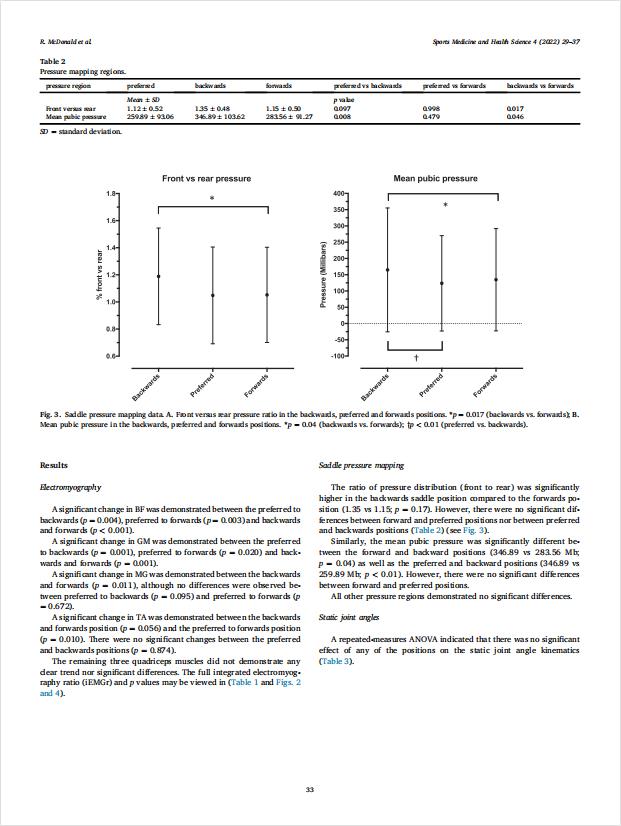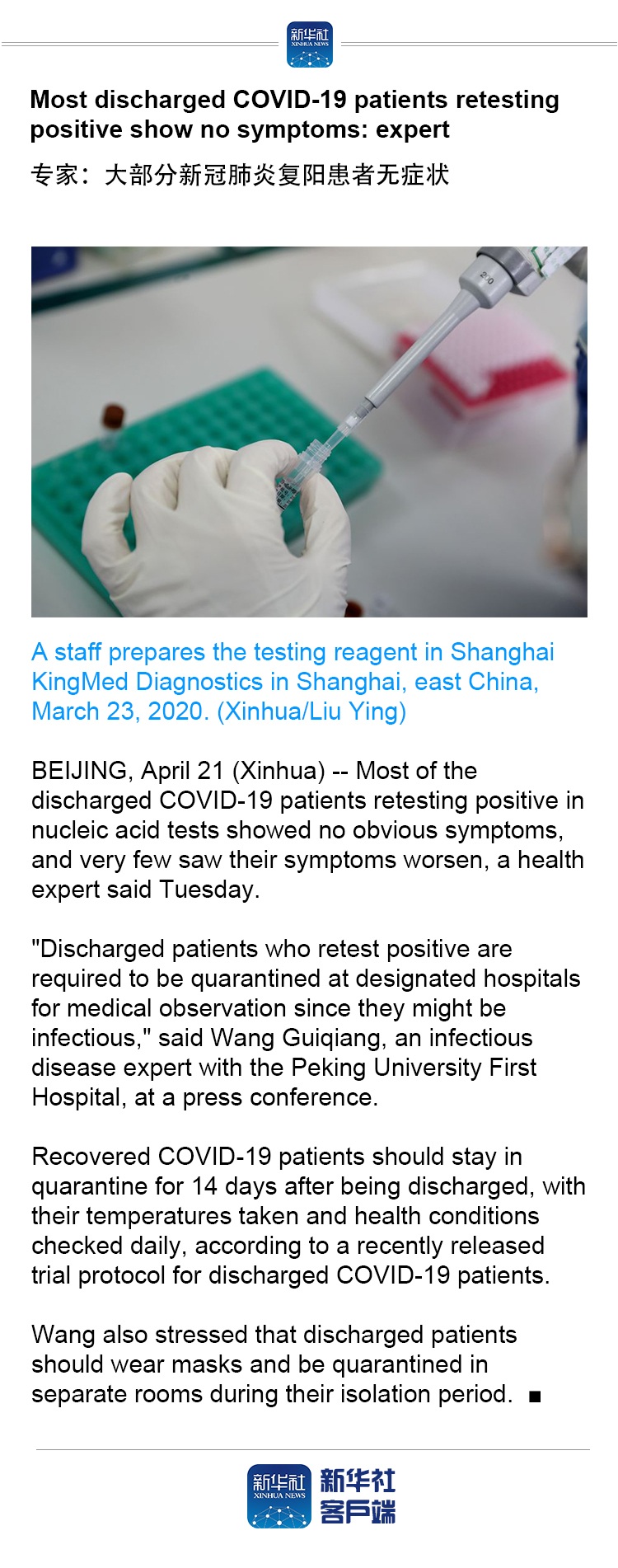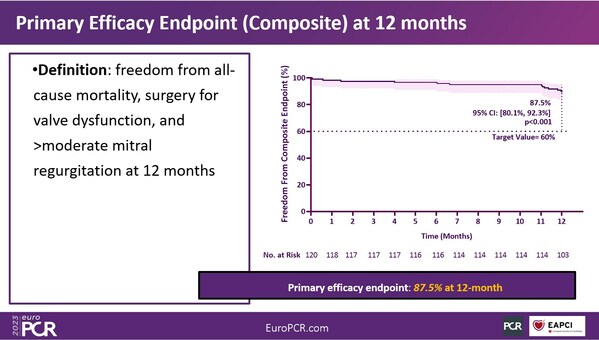### Exploring the Importance of Cat D1 Weight in Your Feline's Health
When it comes to understanding your feline companion's health, one of the crucial aspects to consider is their weight. The term Cat D1 Weight refers specifi……
When it comes to understanding your feline companion's health, one of the crucial aspects to consider is their weight. The term Cat D1 Weight refers specifically to the weight of a domestic cat of the D1 breed, a common breed known for its playful and affectionate nature. Monitoring and managing the weight of your D1 cat can significantly impact their overall well-being and longevity.
#### Why is Cat D1 Weight Important?
The weight of your D1 cat is a vital indicator of their health. An ideal weight range ensures that your cat is neither underweight nor overweight, both of which can lead to serious health issues. An overweight cat is at risk for diabetes, arthritis, and heart disease, while an underweight cat might suffer from malnutrition, weakened immune system, and muscle loss.
#### How to Determine the Ideal Cat D1 Weight
The ideal weight for a D1 cat can vary depending on their age, gender, and overall health. Generally, a healthy adult D1 cat should weigh between 8 to 12 pounds. However, it's essential to consult with your veterinarian to determine the specific weight range suitable for your individual cat. Regular check-ups and weight monitoring can help you keep track of any changes and address potential issues early on.
#### Factors Affecting Cat D1 Weight

Several factors can influence your D1 cat's weight, including:
1. **Diet:** The type and amount of food your cat consumes play a significant role in their weight. High-calorie diets or excessive feeding can lead to weight gain, while insufficient nutrition can result in weight loss.
2. **Exercise:** Physical activity is crucial for maintaining a healthy weight. Cats that are more active tend to have better muscle tone and less body fat compared to sedentary cats.
3. **Age:** As cats age, their metabolism slows down, which can lead to weight gain if their diet and activity levels are not adjusted accordingly.
4. **Health Conditions:** Certain medical conditions, such as hyperthyroidism or diabetes, can affect your cat's weight. Regular veterinary check-ups can help identify and manage these conditions.

#### Managing Cat D1 Weight
To ensure your D1 cat maintains a healthy weight, consider the following tips:
1. **Balanced Diet:** Provide a balanced diet that meets your cat's nutritional needs. Opt for high-quality cat food and avoid overfeeding. Measure their food portions and stick to a feeding schedule.
2. **Regular Exercise:** Encourage your cat to stay active by providing toys, climbing structures, and interactive play sessions. Regular exercise helps burn calories and keeps your cat physically fit.
3. **Monitor Weight:** Keep track of your cat's weight by weighing them regularly. If you notice any significant changes, consult your veterinarian for advice.

4. **Veterinary Check-ups:** Regular veterinary visits are essential for monitoring your cat's health. Your vet can provide guidance on diet, exercise, and any medical issues that may affect your cat's weight.
#### Conclusion
Understanding and managing your Cat D1 Weight is crucial for ensuring your feline friend lives a long, healthy, and happy life. By paying attention to their diet, exercise, and regular health check-ups, you can help prevent weight-related health issues and keep your D1 cat in optimal condition. Always consult with your veterinarian for personalized advice and support tailored to your cat's specific needs.